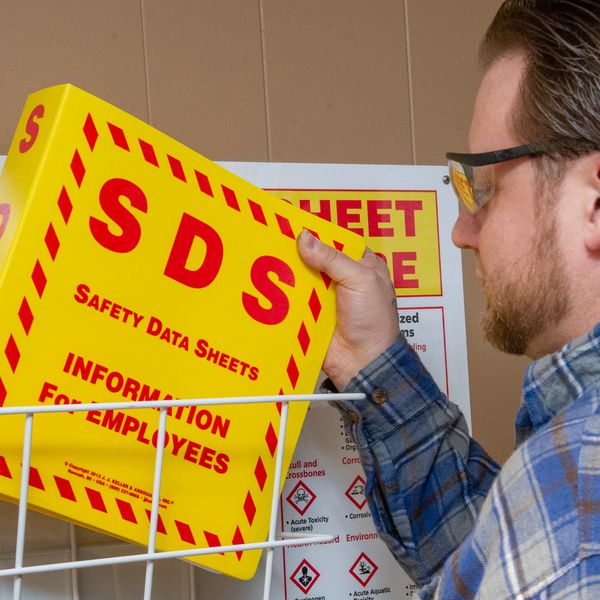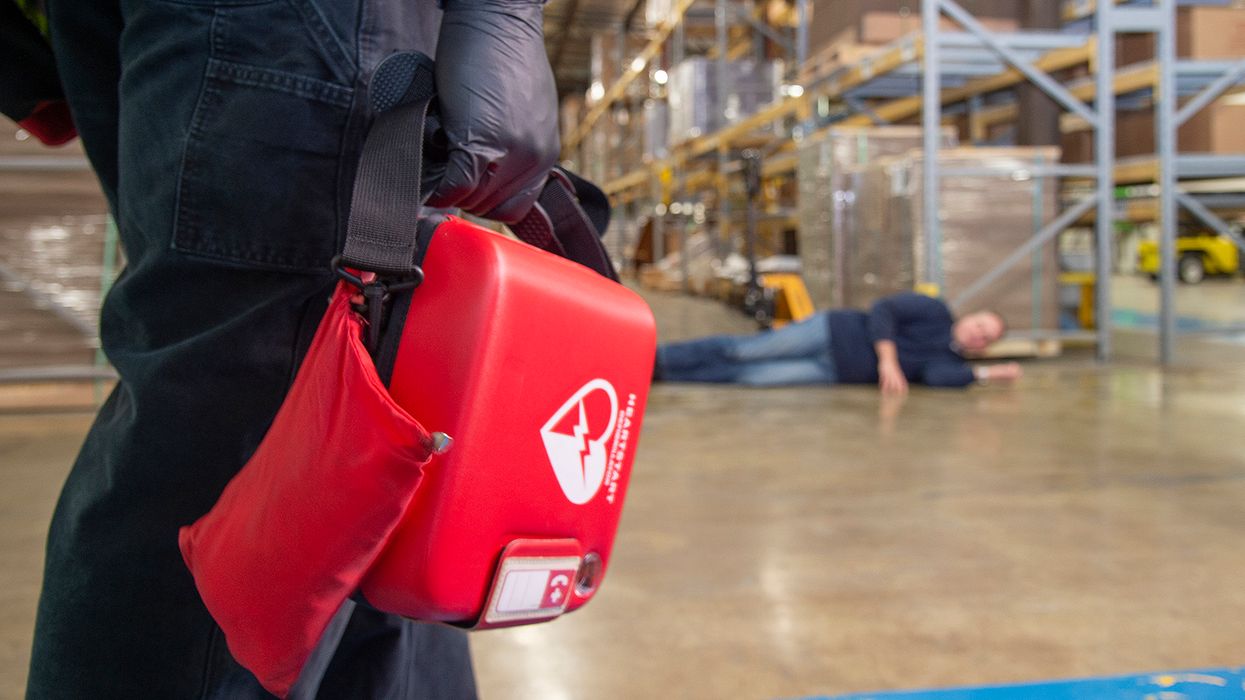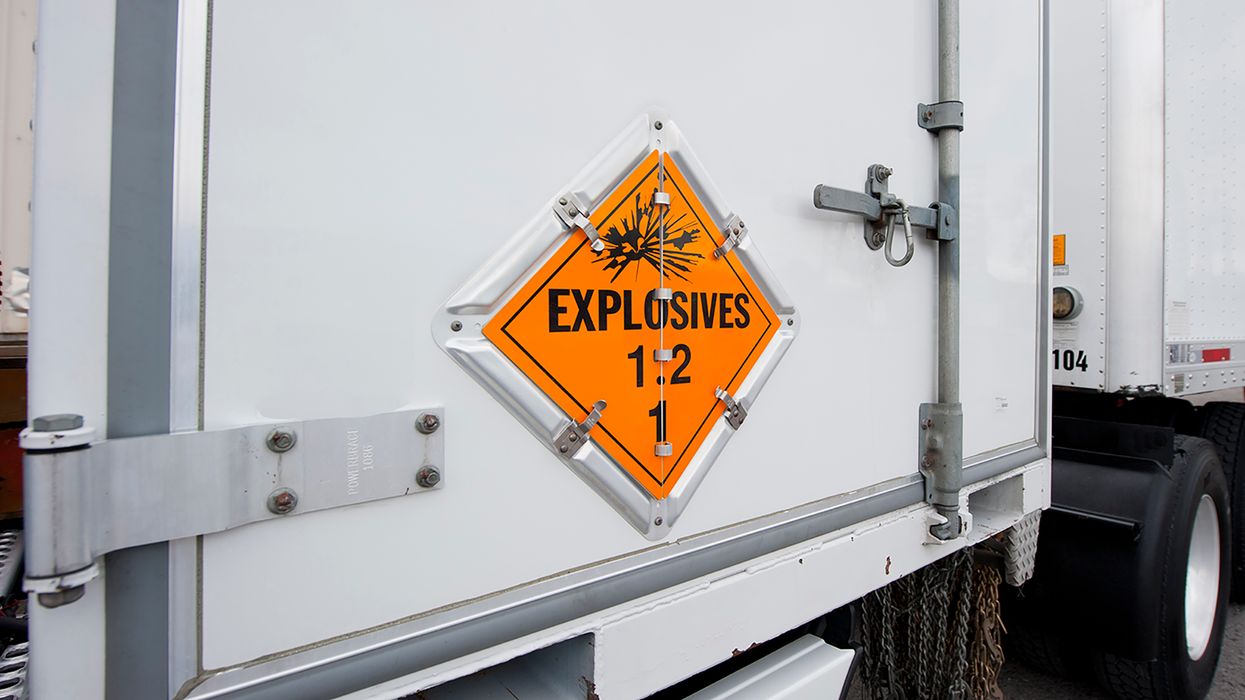Top OSHA violations for small employers
Small employers face the same safety challenges as larger corporations, but may not have the resources to hire a dedicated safety professional. In sheer numbers, most OSHA citations are issued to small businesses, partly because there are many more small employers than large employers.
The following list shows the top ten OSHA violations for general industry employers with 99 or fewer employees.
- 1910.1200 Hazard Communication
- 1910.134 Respiratory Protection
- 1910.178 Powered Industrial Trucks
- 1910.147 Control of Hazardous Energy (lockout/tagout)
- 1910.212 General requirements for all machines (machine guarding)
- 1910.303 General (electrical standards)
- 1910.132 General Requirement (personal protective equipment)
- 1904.39 Reporting fatalities, hospitalizations, amputations, and losses of an eye
- 1910.305 Wiring methods, components, and equipment for general use
- 5(a)(1) OSH Act General Duty Clause
Training is a common problem under many of these standards. For example, workers who use hazardous chemicals must be trained under Hazard Communication, but even workers who merely handle sealed containers of hazardous chemicals (such as stocking or warehousing) must also be trained to handle a spill or release. Those workers could easily be overlooked.
Workers who use respirators or drive forklifts must be trained, which seems obvious, but even workers who must wear personal protective equipment like gloves or safety glasses require training on when to use it, how to wear it, and how to care for it.
Make sure that all workers have the training required by OSHA. That information can not only keep your employees safe, but help you avoid an OSHA citation and penalty.




















































